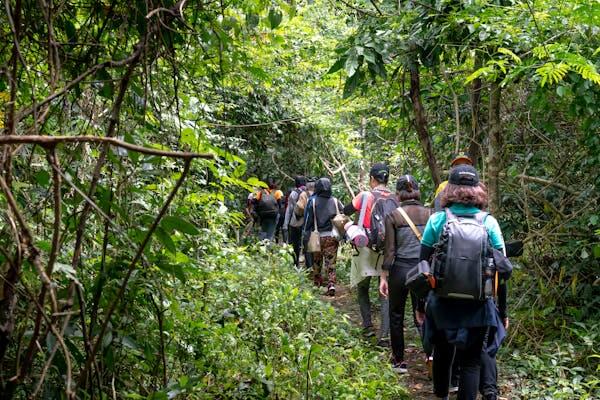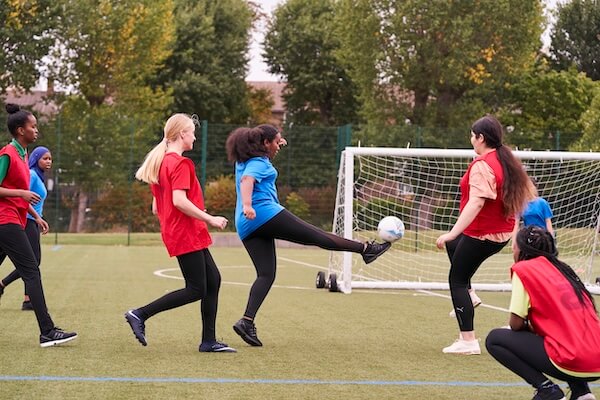
We all know the basics for a healthy life — eat well, stay active, and get enough sleep. But what if boosting your daily movement wasn’t about pushing yourself harder, but simply heading to bed a little earlier?
New research from Monash University suggests that when you go to sleep could be just as important as how much you sleep. The study found a strong link between earlier bedtimes and higher physical activity levels the following day. So, if you’ve been struggling to find the motivation for that morning walk or afternoon game, the solution might be as simple as turning in an hour or two sooner.
The Early Bird Gets the Burn
The Monash-led study, published in the Proceedings of the National Academy of Sciences (PNAS), analysed data from almost 20,000 people who wore biometric devices for an entire year. That meant millions of nights’ worth of data — offering researchers a detailed look at how nightly variations in sleep affected next-day activity.
The results were striking: people who went to bed earlier tended to be more physically active. Those who usually turned in around 9 pm averaged about 30 extra minutes of moderate-to-vigorous activity per day compared to night owls who stayed up until 1 am. Even compared to the overall average bedtime of 11 pm, early sleepers still squeezed in nearly 15 extra minutes of activity each day.
Why Your Bedtime Matters for Motivation
So, what makes bedtime such a big deal? The research indicates that it often comes down to a mismatch between our body clocks and the standard 9-to-5 schedule. When sleep timing doesn't align with our natural preferences, it can lead to social jetlag, poorer sleep quality, and increased daytime tiredness. This lack of quality rest can significantly reduce motivation and opportunity to be physically active later in the day.
In short, staying up late might feel harmless, but it can quietly chip away at your energy and drive to be active the next day.
Your Action Plan: Timing Is Everything
The good news? The study found that people can actively improve their daily activity simply by going to bed earlier — even if they sleep the same number of hours overall.
That means you don’t have to transform into a sunrise-loving athlete overnight. Instead, try making small, sustainable tweaks to your evening routine:
- Trade-Off: Swap an extra hour of late-night screen time for an extra hour of sleep.
- The Next Day: Use that extra energy to move more — walk to your local café, join a lunchtime fitness class, or sign up for a social sports group.
If you’ve been looking for a simple, realistic way to boost your fitness and energy, this might be the easiest hack yet — just head to bed a little earlier and wake up ready to move.
References
Monash University. (2025). Early birds get the burn: Monash study finds early bedtimes associated with more physical activity.
Leota, J. et al. (2025). Research Paper DOI: 10.1073/pnas.2420846122.






